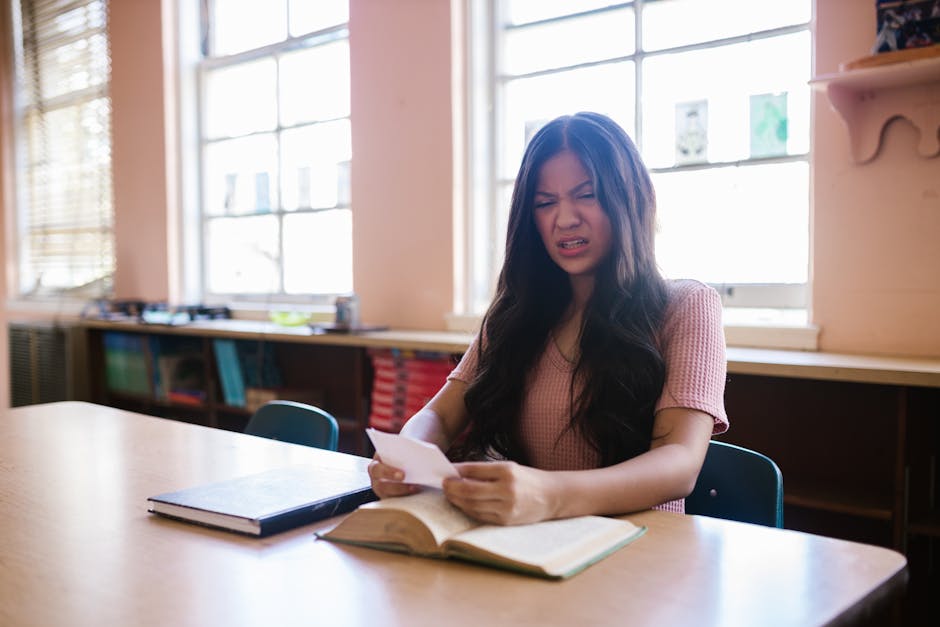Books, from ancient scrolls to modern e-readers, have consistently acted as powerful catalysts for social transformation. They aren’t mere entertainment; they are potent tools that, through narrative, dissect ingrained societal norms, sparking dialogue and provoking change. This examination delves into the multifaceted ways literature challenges the status quo, exploring how authors employ various stylistic and thematic approaches to unsettle preconceived notions and inspire critical reflection.
A fundamental way literature challenges norms is through the representation of marginalized voices. Historically, dominant narratives often excluded or stereotyped individuals based on race, gender, class, or sexual orientation. Literary works, however, provide a platform for these silenced voices to be heard. For example, the burgeoning genre of Afrofuturism, with its vibrant depictions of Black experiences, offers an alternative vision to dominant historical narratives, envisioning a future where Black people are not merely victims but agents of change. Similarly, works by female authors, such as Virginia Woolf, have challenged patriarchal norms by portraying women’s experiences and desires with unprecedented honesty.
Exploring themes of social injustice constitutes another significant avenue for literary intervention. A multitude of novels and poems grapple with issues such as oppression, inequality, and discrimination. These works, frequently using powerful imagery and evocative language, expose the hypocrisy and brutality inherent in oppressive systems. Joseph Conrad’s Heart of Darkness, for instance, delves into the dark underbelly of colonialism, revealing the moral decay that often accompanies imperial ambition. Through vivid portrayals of human suffering and exploitation, these texts compel readers to question the very foundations of their societal structures.
A significant contribution literature makes is in fostering empathy and understanding for diverse perspectives. By narrating complex characters with multifaceted motivations, literature invites readers to step outside their own limited viewpoints. Novels like Chinua Achebe’s Things Fall Apart showcase the intricacies of African cultures, challenging Western readers to confront their ethnocentric biases and embrace a more nuanced understanding of the world.
Beyond straightforward critiques of societal norms, literature often explores radical possibilities and alternative social structures. Utopian and dystopian fiction, in particular, offers fascinating explorations of societal ideals and their potential pitfalls. George Orwell’s 1984, with its chilling depiction of totalitarian control, serves as a stark warning against the dangers of unchecked power. On the flipside, novels like Ursula K. Le Guin’s The Left Hand of Darkness posit alternative social structures based on non-binary gender roles, prompting readers to contemplate alternative ways of living and governing.
Language itself acts as a powerful tool of literary challenge. Authors frequently employ innovative linguistic techniques to disrupt traditional storytelling structures and push the boundaries of the reader’s comprehension. Experimental fiction, with its unconventional narratives and fragmented perspectives, provides an avenue for interrogating established conventions of storytelling and provoking a shift in the reader’s perception. Likewise, writers might use language to dismantle prevailing stereotypes and biases. By challenging established ways of naming and describing people and things, literature can unveil the insidious nature of prejudice.
However, it’s crucial to acknowledge that the impact of literary challenge is not uniform. Not all books are universally embraced or effective agents of change. Some works may be interpreted in ways that contradict the author’s intent or fail to resonate with diverse audiences. Furthermore, the response to literary challenges can vary considerably depending on cultural context and individual interpretation.
In conclusion, the relationship between literature and societal norms is a complex and dynamic one. Literature doesn’t merely reflect society; it actively engages with it, challenging established norms, sparking dialogue, and fostering understanding. By highlighting the flaws, hypocrisies, and injustices within our societies, literature inspires critical reflection and pushes us towards more equitable and just futures. Through a rich tapestry of narratives, diverse voices, and innovative approaches to language, literature remains a crucial force for societal change, reminding us that the stories we tell shape the world we inhabit.
